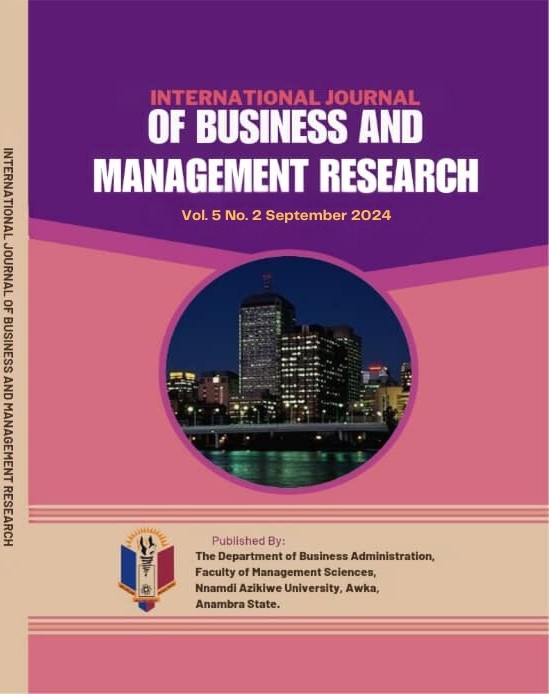Effect of Fuel Subsidy Removal on Metropolitans' Household Spending in Nigeria
Keywords:
government, household, removal of subsidy, subsidy.Abstract
Usually, developing countries such as Nigeria spend enormous capital on subsidies. This enacts a substantial burden on the economy, which leads to the government budget deficit. This challenge prompted the IMF and World Bank to consider the subsidy concept as politically jittery and conditioned these countries to remove subsidies. Since Nigeria removed fuel subsidies, households have been grouchy due to the high cost of living and economic paralysis. This study investigates the effect of fuel subsidy removal on households’ spending in urban areas in Nigeria. The study was restricted to some selected cities in Northwest Nigeria; questionnaires were administered to about 220 households living in urban areas through a simple random sampling technique, and only 180 were returned. Also, the OLS model was employed in the analysis. The study analyses three models. In the model, I, age, education level, income earning, family size, and nature of family expenses are clear demographic variables that affect a household’s spending after the removal of fuel subsidies. Model II shows a decrease in a household’s savings and occupational opportunities due to spending on other areas needed. Model III indicates transportation, foodstuff, medical, and energy expenses are the major areas in which households spend more. This study suggests that the government should take drastic measures to address the economic challenges facing people.




